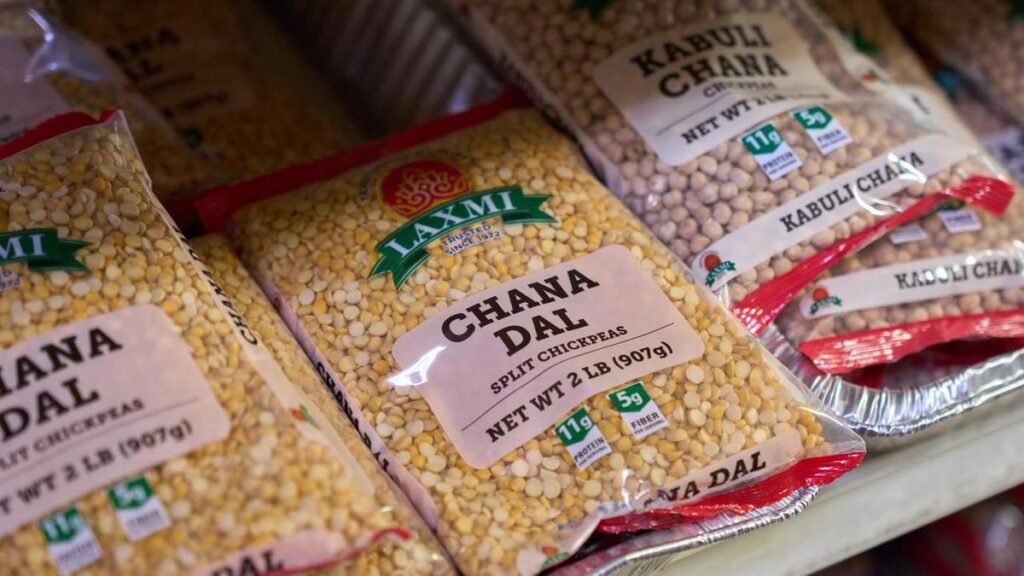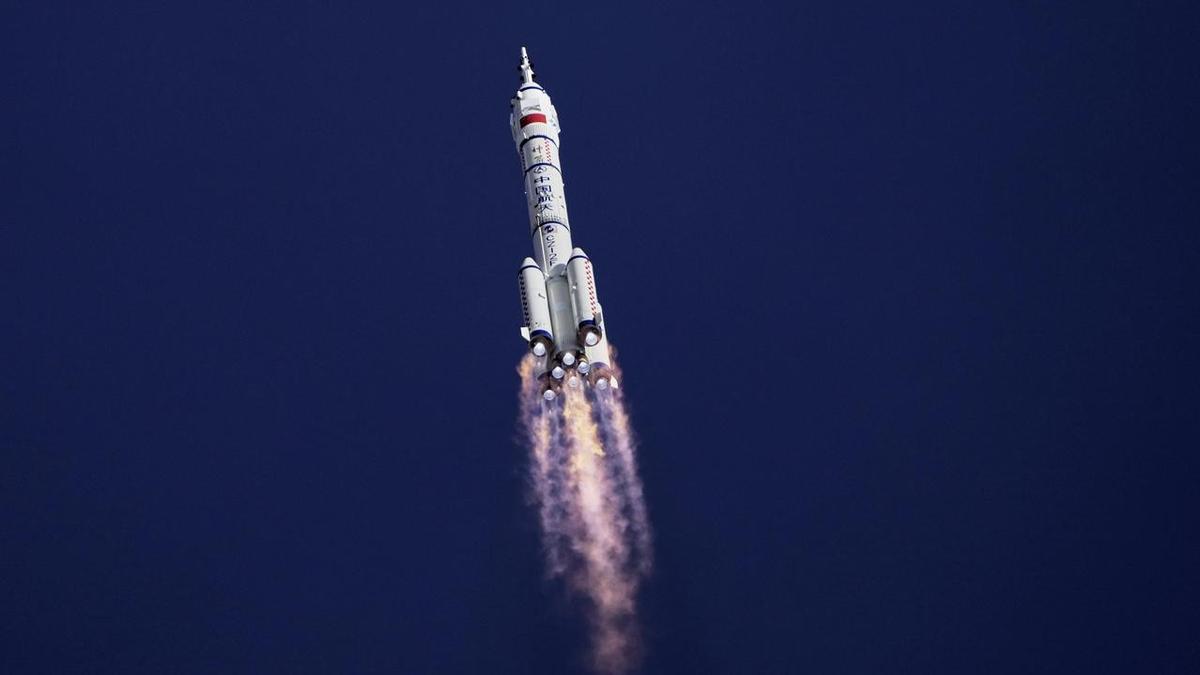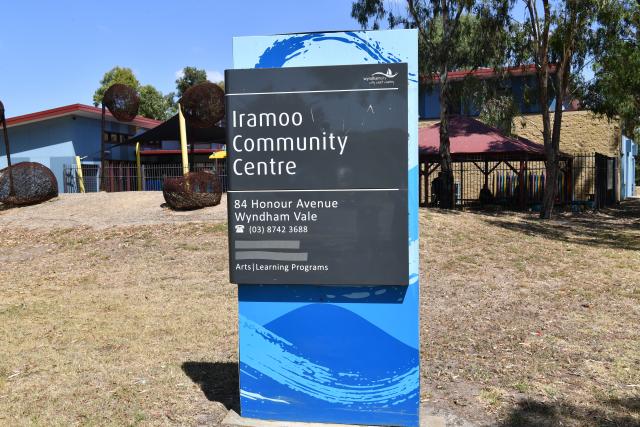
URGENT UPDATE: US President Donald Trump has just announced that India has proposed to reduce its tariffs on American goods to zero, a significant development in the ongoing trade tensions between the two nations. This revelation comes amid Indian Prime Minister Narendra Modi‘s public displays of unity with Chinese and Russian leaders during the Shanghai Cooperation Organisation summit in China.
In a post on his Truth Social platform earlier today, Trump criticized the US-India relationship as “one-sided” and urged India to act more swiftly: “They have now offered to cut their tariffs to nothing, but it’s getting late. They should have done so years ago.” His comments highlight increasing frustration over India’s high duties, which can reach as much as 50 percent on certain US imports.
The urgency of this offer is underscored by the backdrop of Modi’s presence in China, where he engaged with Xi Jinping and Russian President Vladimir Putin. The summit is seen as a strategic gathering aimed at fortifying ties among non-Western nations against US trade pressures. Modi’s visit marks his first trip to China in seven years, during which he and Xi agreed to view each other as development partners, not rivals.
Trump’s remarks signal a pivotal moment in US-India relations, which have gained strength in recent years due to shared concerns regarding China’s expanding influence. However, tensions have escalated as Trump has threatened tariffs on India, particularly after Modi’s continued oil purchases from Russia amidst the ongoing conflict in Ukraine.
The Indian Embassy in Washington has not yet commented on Trump’s latest statements. Meanwhile, as Modi is seen walking hand-in-hand with Putin in images designed to showcase solidarity, the dynamics of international trade are rapidly shifting.
With the future of US-India economic ties hanging in the balance, all eyes are now on the potential implications of this tariff offer. Will India accept this new proposal, or will the diplomatic rift deepen?
Stay tuned for further updates as this situation develops. The implications of these discussions could reshape trade relations not just between the US and India, but across the global economic landscape.







